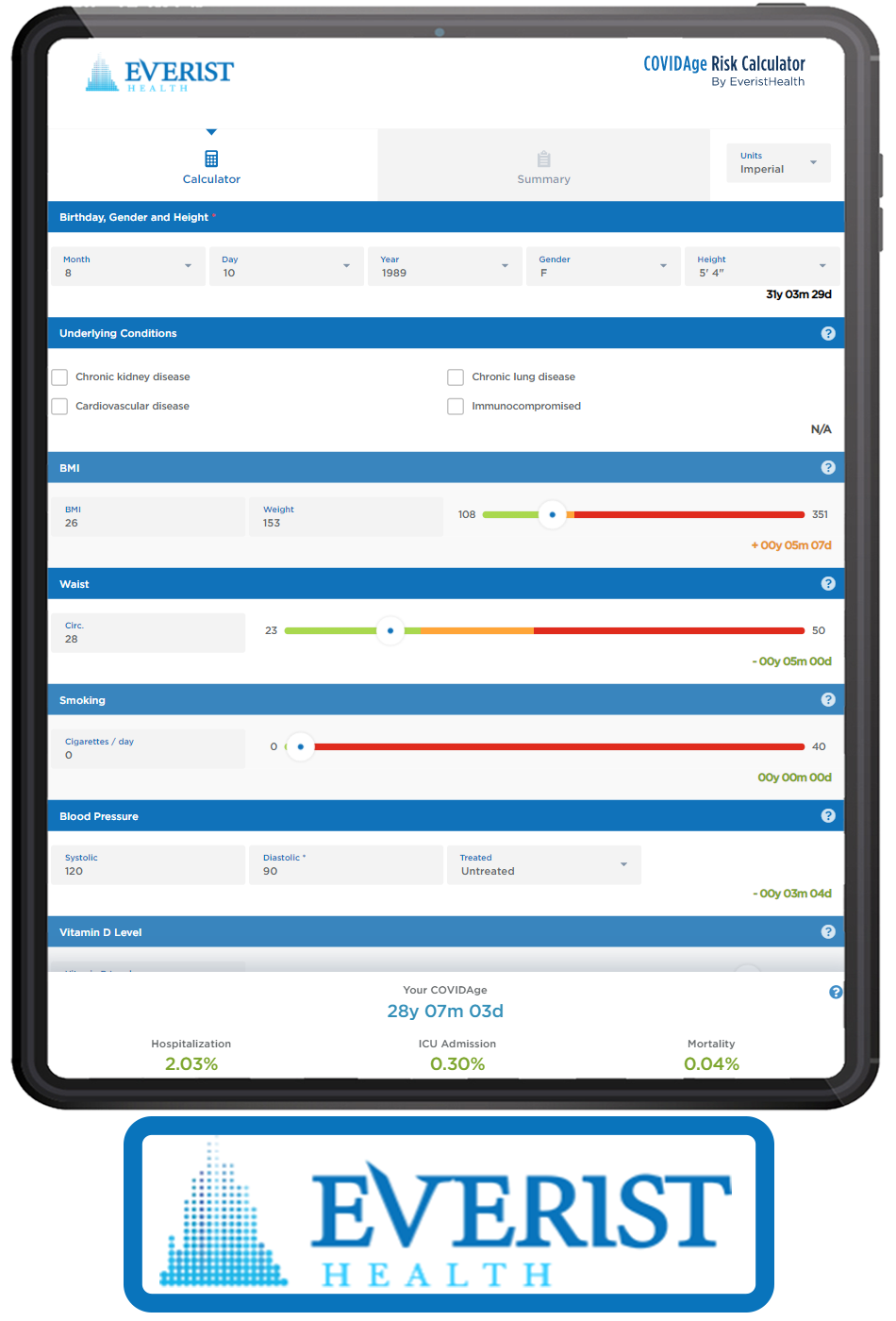I think turkeyjerky means that we just weren't accurately capturing all of the cases early on. Not that former cases are now showing up as positive. When this all started at our shop we weren't able to do a send out test on anyone unless they traveled to China or came in to contact with a known positive case (which was practically no one). I remember in March/April seeing a huge number of patients with viral symptoms, a negative viral panel and wan't able to test them for COVID-19. They were mostly all well enough to go home. Therefore the number of cases compared to deaths was inaccurately captured resulting in early curves that aren't accurate. I still question the sensitivity of the current test. We now have an in house test and are able to use it on anyone exhibiting viral symptoms. I'm seeing tons of patients in the middle of summer with viral symptoms and even viral appearing pneumonia. They have consistently tested negative on a viral panel and negative with our COVID-19 test. Seems odd to me. The only explanation that makes sense to me is that they have COVID-19 with false negative testing. Our ICU is testing the same patients repeatedly with continued negative results. Some of our intensivists liken it to folks with the influenza that only shows up on sputum when you bronch them. I suspect that by the time they are sick enough to present to the hospital, the viral load has mostly cleared out or is down in the lungs not in the oropharynx. We aren't seeing a lot of deaths, and I still think that is because the IFR is much lower than we initially thought back right when this all began.
Yup, I think there are numerous reasons why the CFR (and IFR) will go down with this broad-based, penetrative viral disease. That is in opposition to, for instance, the SARS mini epidemic 2002. There it was contained...and the IFR actually WENT UP to 9% once they counted all the cases and deaths.
We, along with most other countries, fumbled around in Jan - April, couldn't effectively isolate people with it (part of it was out fault, part of it was the disease is not particularly amenable to isolation and quarantine given asymptomatic spread. Although some Asian countries were able to do so.) Once we started telling people to stay at home, don't go to work, don't be around other people, and lockdown various parts of society, the infection rate went down. No surprise there.
Now we know more about how it spreads, how to treat it, how not to treat it, we have more PPE, we have much more knowledge about it - all of this helps keep the death rate down. Younger people are getting sick, they are much more likely to survive, older people don't want to leave their homes, we are better at testing, our tests are better (although I agree the tests still suck) and overall we have more knowledge. I suspect that deaths will go up in the coming weeks / months but it will be a low hump and not look like a mountain. It will not look like the first wave when it almost went hand in hand. It is good from a world-view that deaths are going down, but now those who are dying will be young, productive, working people and not bedbound nursing home patients.
Will be interesting to see how the next 6-12 months compare here in USA vs other countries where they are not seeing nearly the degree of new infections we are.
It still is a dangerous virus. I've never admitted anyone < 50 with a dx of influenza with mild-to-moderate comorbid conditions, but we are pretty easily filling hospitals with these same people with COVID-19. My friend, who is my age, was just in the hospital w/ COVID-19 for 5 days on 4L. He lived. But it's not all about life/death. He will have to max pay his deductible, not be able to work for ~4 weeks with all that lost income, and watch his father and kids also go through this (his kids are fine).


